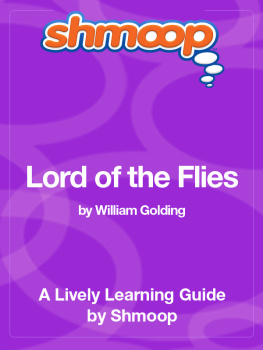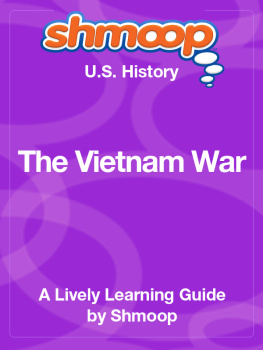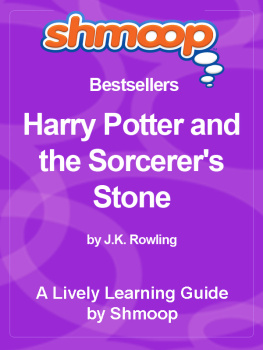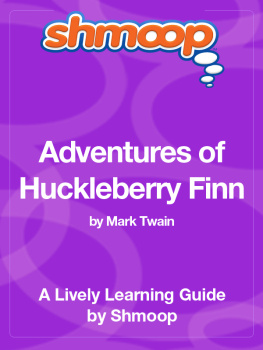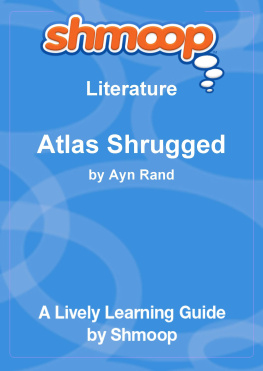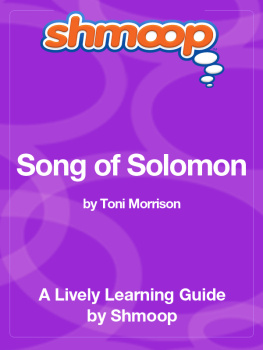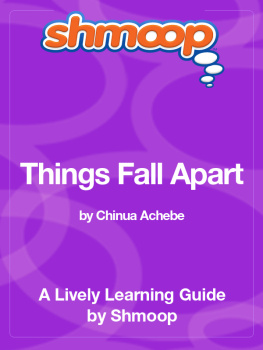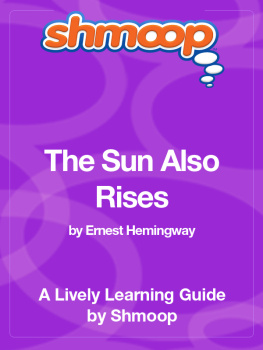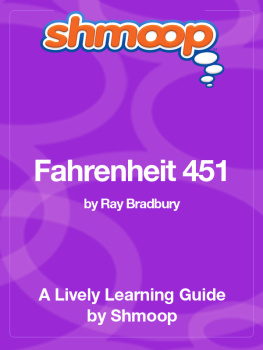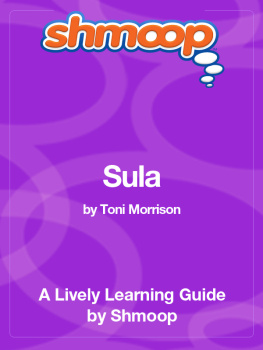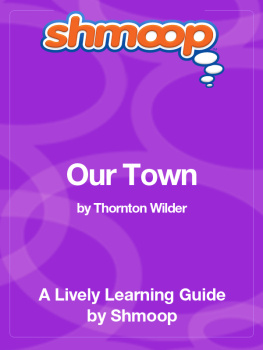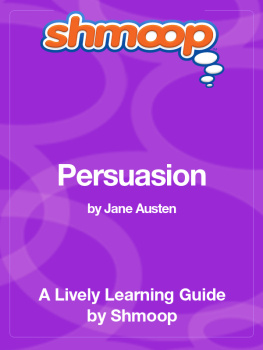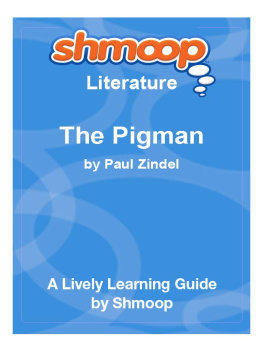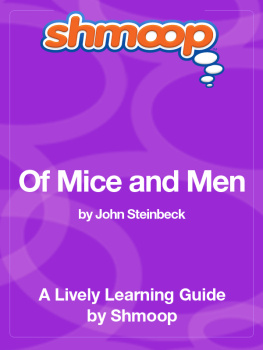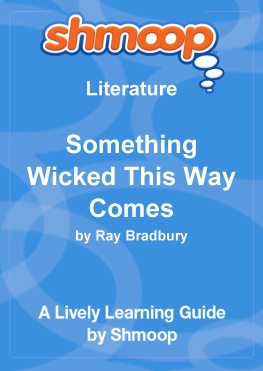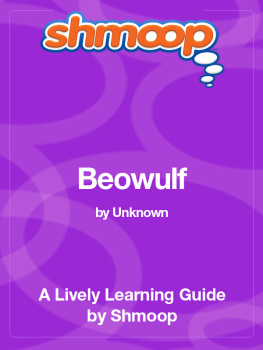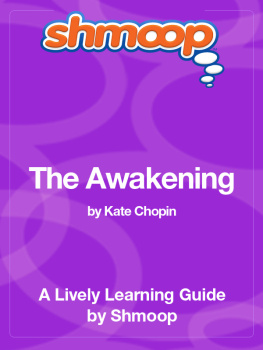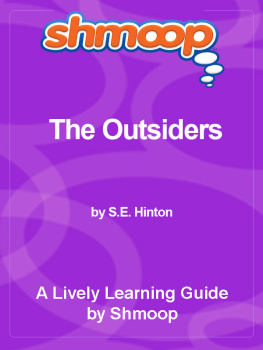
Table of Contents
In a Nutshell/Overview
Lord of the Flies was first published in 1954 by William Golding, an English writer. It took awhile to gain wide readership, but by the 1960s it was a big success and Golding was off on his writing career that would include a Nobel Prize for Literature in 1983. According to the prize committee, Golding's novels "illuminate the human condition of the world today." Not bad.
This particular novel is about what happens when a bunch of young boys are stranded on an island and left to fend for themselves. Lord of the Flies is an allegory (essentially a story with a moral), about...well, it's about something. People can't seem to decide exactly what. It's either about the inherent evil of man, or psychological struggle, or religion, or human nature, or the author's feelings on war (he was in the Navy during WWII), or possibly all of the above.
The whole boys-being-stuck-on-an-island thing is nothing new, and it seems Golding used this scenario to respond to another novel, The Coral Island, written by R.M. Ballantyne in 1857. The Coral Island depicts some white, European boys who end up on an island and use Christianity to "conquer" the "heathen ways" of the Polynesian natives. Naturally, this was a huge success in Victorian England. Golding read it and got all fired up, and wrote Lord of the Flies using many of the same names for his characters that Ballantyne did. Unlike The Coral Island, Lord of the Flies shows the British boys as savage and, to use a technical term, rather "sketch."
Why Should I Care?
For as far back as we can see into the annals of history, culture has embraced and promoted physical violence. "No," you protest, "surely we've evolved past the days of gladiatorial combat and public executions?" When's the last time you were in a movie theater? Played a video game? Watched TV? From Hostel to Resident Evil 4, humanity has an attraction to violence. Now, supposedly, civilization masks all of these violent tendencies we have. We come up with "proper" ways to vent our bloodlust, ways like WWF and football and thumbwrestling on the six-hour school trip to D.C. BUT, put a bunch of kids on an island, with no governing authorities, no societal structure, and no consequences, and "civilization" breaks down.
Does this sound like the stuff of unrealistic literary fiction to you? In 1971 Philip Zimbardo, a professor of psychology at Stanford University, decided to run an experiment with faux (or fake) prisoners and faux guards. The plan was to take some volunteer undergraduates and stick them in a simulated prison in the basement of the psychology building for two weeks. Some were guards, and some were prisoners. The guards were armed with wooden batons, uniforms, and mirrored-sunglasses. The prisoners were forced to wear different clothing and referred to only by numbers. What happened? The "guards" became real guards in their own minds, and the prisoners also internalized their roles. The experiment got way out of hand way too fast, with "prisoners" suffering abuse, degradation, and humiliation from the newly sadistic "guards." There were hunger strikes and restrictions to solitary confinement. Supposedly, the participants suffered significant psychological violence. How long did this all take? Six days. It seems that college students being stuck in a basement isn't a situation so unlike young boys stranded on an island.
So before you write off Lord of the Flies as unrealistic, think about how much we respond to violence and struggles for power. It can be ugly stuff, this human nature, and it's novels like this one that ask us to look at it, rather than turn a blind eye.
Whats Up With the Title?
You can approach this title on a few different levels. To begin, "the Lord of the Flies" is the name of the pig's head after being impaled on a stick. This seems a natural choice of names for such a bloody object. The pig's head then, being the title and all, becomes rather important. The horrible and primitive violence of the boys is a central theme.
Next, you can approach the individual meaning and aesthetic of the words "Lord of the Flies." "Lord" has a lot to do with power, and it is, of course, the desire for power that drives a lot of the boys of the island (think Jack and his "you're not the boss of me" attitude). "Flies," on the other hand, connote death and decay (think that dead squirrel you found in the backyard and all the flying insects swarming about). Put them together, and you've got death and decay tied up with power and corruption. Nice.
Lastly, as if that were not enough, "The Lord of the Flies" is also the name of Beelzebub, a demon or the devil, depending on how you like your mythology. So this book is getting at some pretty big questions, and driving home a rather weighty message about inherent evil and eternal darkness.
Writing Style
Coming soon
Tone
Pessimistic, Examining, Unflinching
If you like things sugar-coated, this is not the book for you. Golding takes a look at the worst, darkest side of human nature and reports back, with exaggeration and poetical bits thrown in for style (see the style section). The narration oscillates between a matter-of-fact statement of the way things are and a heart-wrenching rendering of how they could be. In Simon's death, for example, the tone is at first that of a silent observer, but by the end of the chapter has shifted to musing speculation (about the "dark curve of the world" and "steadfast constellations").
Narrator Point of View
Third Person (Omniscient)
The narrator in
Lord of the Flies moves back and forth (
omnisciently, as you might imagine) between different scenes and thoughts. The best example of this is Chapter Eight, when we jump back and forth to Jack's pig hunt, Simon's meditation, and Ralph and Piggy building the fire. This omniscience allows for an objectivity that would be lost to us were the narration to stay with, let's say, just Ralph. We simply see things happening, without the filter of a character's judgment. Instead, we see all and judge for ourselves.
Symbols, Imagery, Allegory
The Big Massive Allegory
Before we get down to the details, we should address the fact that
Lord of the Flies is one big allegory. Symbols aside, the boys as a whole can represent humanity as a whole. You can see where the pieces fall from there; the island is then the entire world, the boys' rules become the world's varying governments, two tribes are two countries, and so on. The boys' fighting is then equivalent to a war. The only time we pull out of the allegory is at the very end of the novel, when the other "real" world breaks through the imaginary barrier around the island. Yet this is also the moment when the real message of the allegory hits home, when we can ask ourselves that chilling question, "But who will rescue the grown-ups?"
The Conch
The conch is used in many scenes in
Lord of the Flies to call the boys to order. No boy may speak unless he is holding the conch and once he is holding it, he cannot be interrupted. They boys have imposed this "rule of the conch" on themselves, and thus the conch represents society's rules, politics, and speech. The conch is a big part of the boys choosing to vote for a chief, and it also allows anyone to speak when they hold it. Notice that, after the conch is broken in to a thousand pieces, Jack runs forward screaming that now he can be chief? The reason he couldn't be chief before, at least not his kind of chief, is that the conch still allowed Piggy to quiet all the others boys down and demand they listen. With no conch, power is once again up for grabs, and Jack is feeling grabby.

